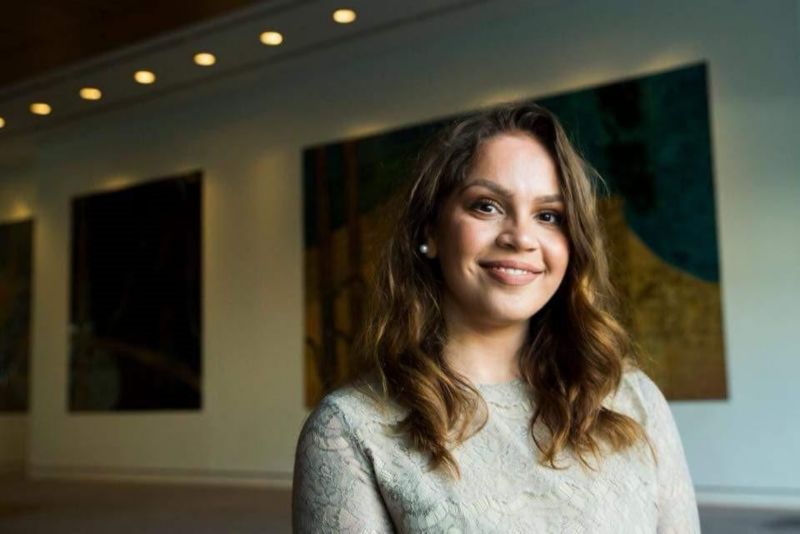What was your journey to RMIT like?
I’m a very proud Yamatji Badimaya woman from WA and did most of my schooling in Perth before moving to Melbourne eight years ago. I never thought I would finish year 10, 11 and 12 let alone get to university. Something that I had always been passionate about growing up was seeing my family, my elders, my community always sick and too shame to go to hospital.
I used to think to myself, I will do something for my people’s health and wellbeing, so the next generation doesn’t have to see preventable illnesses turn into chronic ones. I didn’t think I’d do Nursing, but the path lead me here and nursing opened up a lot of pathways and doors for me that I didn’t think I would ever get to or amount to.
What lead you to study at RMIT?
I wasn’t sure if I would study at RMIT, but I had visited an Open Day hosted by the University and visited the old Ngarara Willim Centre. I met all the amazing blackfellas there who I maintained connections with, I shared my interest in studying in health and changing the narrative for our people’s health and wellbeing. I explored other universities and found that RMIT was where I wanted to be. A huge part of that was because of Ngarara Willim mob who supported me with enrolment, application and transitioning into university.
What did you enjoy most about engaging with Ngarara Willim during your studies?
I was based in Bundoora so I couldn’t visit the city Ngarara Willim centre everyday but I made sure I visited once a week or a few times a fortnight because it felt like a family. As Aboriginal people, we are people of community and take care of one another. I loved our ability to look out for one another. Even when I finished studying at RMIT, I made sure I was in contact and visiting the mob at Ngarara because they played a huge role into my journey and career as an Aboriginal nurse.




